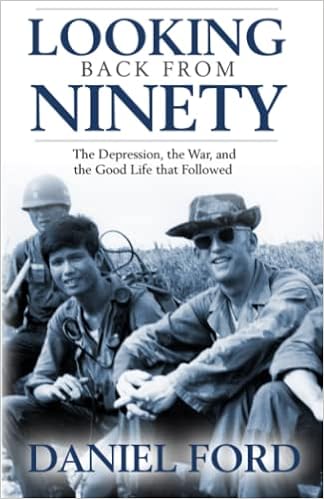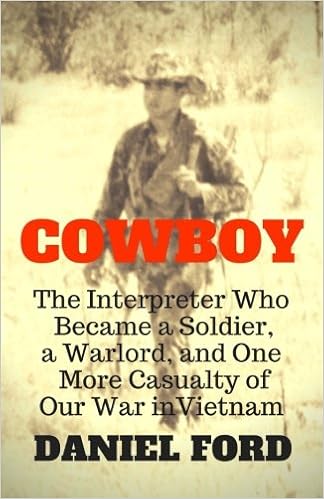Second thoughts
Jonas Nilsson asks: What were the reasons for the USSR to prefer the Cold War [over] an open arms conflict?
There was no way that the British-Canadian, American, and French forces in Germany in May 1945 could have stopped the Red Army from advancing to the Rhine. By September, the US did have the atomic bomb, but in such deep reserve that it couldn't have been deployed for weeks, maybe months. The 509th Composite Group had the only planes (15 'Silver Plate' B-29s) and crews capable of delivering a bomb. There was a 'third bomb' in existence: the shell was on Tinian in the Marshal Islands, but the plutonium core was still at Los Alamos in New Mexico, where its shipment had been halted on August 10, evidently by Truman's direct order. (Goldberg in Bulletin of the Atomic Scientists, May-Jun 1998). Note that Truman was wildly misinformed about the 'thirteen pounds of explosives' in the Trinity device (his Potsdam diary, Truman Library online). The complete Fat Man bomb was '7 feet 8 inches (2.34 m) long, five feet (1.52 m) in diameter, and weighed 10,200 pounds (4,630 kg)' (Wikipedia).
No doubt the whole process could have been unwound and the 509th sent in the other direction, presumably to England, some time in September. The Los Alamos 'assembly line' would still have been functioning and able to turn out Fat Man bombs at the rate of two or three a month, and accelerating, unlike the situation at the end of 1945 that I posted about. But would Truman have been able to employ the bomb, other than as a bluff? We know that he recoiled from the photographs of Hiroshima that he saw on August 10: 'all those kids', he is supposed to have said (Blum, ed: The Price of Vision: the Diary of Henry A. Wallace, 1942-1946, p473-474) as a reason for halting the bombing.
Still, an armed confrontation would have been a huge gamble, and Stalin doesn't seem to have been much of a gambler--more of an incrementalist. To anticipate a bit, it seems pretty clear that he approved Kim Il Sung's invasion of South Korea in June 1950 (Bobbitt p52). So his first armed clash with the West was taken at two removes, with the North Koreans acting as his proxies with the Chinese as intermediaries--and even then he had to be coaxed into it by the Chinese. This is not a reckless man. When I questioned Stalin's sanity, I certainly didn't mean to say that he wasn't in control of himself.
The disparity in conventional military forces that I cited, with US forces in Europe dropping to 81,000 by 1950, compared to some millions for the Red Army, suggests something to me about Truman's intentions, not Stalin's. While the US didn't make good on its pledge to be gone from Europe within two years of the war's end, it was certainly moving in that direction. 'Within three months after V-J Day, the army that had defeated Nazi Germany [sic!] was no more' (Ziemke: The U.S. Army in the Occupation of Germany 1944-1946, Washington: Center for Miltary History, p335). At the end of 1945, Eisenhower agreed to convert the occupation army into a constabulary force, though unlike Japan the constables would be US troops and not locals as a matter of European public relations. (p340)
The famine threatened in western Germany in 1946 must have slowed the exodus somewhat, and the Berlin Blockade of 1948 probably resulted in an actual buildup, perhaps temporary. I haven't found annual figures, but perhaps they don't matter. My point in citing the military weakness of the west in the late 1940s was to debunk the notion that there was a mutual standoff between the US and the USSR. Truman, had he wished to face down Stalin, wouldn't have dealt himself such a poor hand. He was dragged into the Cold War, in my opinion.
Looking back, it's difficult to see how weak was the US in 1946, even in comparison to Britain. True, the US was standing on a solid base, while Britain's base was eroding (decolonialization; the economic drain of the war). But they were more nearly equal in 1946 than they had been at any time since 1942. And even in combination they paled beside the Soviet Union. No way could the US, even in concert with France and Britain, dared to initiate the Cold War.
That was my point, not that Stalin could have safely moved to the Rhine. War is a terrible thing; though I think Stalin was paranoid, even insane, it doesn't follow that he was nutty enough to start a war over western Germany, even one that he was likely to win in the short term. And why bother, when he had the resources in place to destabilize western Europe without a war? Among the riches in Bobbitt is this line: 'It is important to remember, in the discussions on which we are about to embark, that they ultimately concern violence, and that our moral and practical decisions have real consequences in the use of force, and all that the use of force entails for suffering and death' (p xxxi). Even as bloody-minded a dictator as Josef Stalin would draw back before sending the Red Army against his recent allies.











1 Comments:
Thanks for the additional information. My only source has been Chuck Hansen's book, 'US Nuclear Weapons: The Secret History', and while it's great on the detail of later weapons, it's a bit vague on the situation between August 1945 and April 1947.
Post a Comment
<< Home